 If you think that presentation is all about how others see you, then perhaps it’s time you reassessed your opinion. You may well ask, “Why” because surely the importance of how others receive your presentation is paramount? Well this was undoubtedly the case before the advent of the internet. In simple terms, if you presented someone with a fancy and beautiful box of chocolates, they were more impressed than if you gave them exactly the same chocolates in a brown paper bag. Case proved – presentation matters!
If you think that presentation is all about how others see you, then perhaps it’s time you reassessed your opinion. You may well ask, “Why” because surely the importance of how others receive your presentation is paramount? Well this was undoubtedly the case before the advent of the internet. In simple terms, if you presented someone with a fancy and beautiful box of chocolates, they were more impressed than if you gave them exactly the same chocolates in a brown paper bag. Case proved – presentation matters!
So, what has the internet done to change this? Basically, it has stopped many of us thinking about the actual presentation and made us more focused on ourselves. Facebook, Twitter, Instagram, LinkedIn and Snapchat etc., constantly bombard everyone with information about others. In many cases this creates jealousy within us. Why can’t we have the lifestyles of David Beckham, Deepika Padukone, Emma Watson or Shahid Kapoor etc.? Consequently, instead of naturally thinking about the effect our presentation has on the recipients, the focus has shifted. There is now a tendency to place more importance on our own importance. The internet has been educating us, through our on-going interactions with social media, that we are all equally unique and correspondingly important. Otherwise, how do you explain the need to gain more followers on Twitter or more likes on Facebook than anyone else?
It used to be accepted that people might normally have a unique talent in one particular skill. Consider the university professor who was brilliant at maths but known to be quirky and eccentric in most other things. However, many now believe that being unique, in one area, allows them to claim some right to have a valued opinion in others. This has led to celebrities, who are only known for their singing or acting abilities, telling us how we should vote politically or what toothpaste we should use!
It is true that the meanings of words change over time but let’s look at ‘unique’. Its original meaning was: –
‘Being only one of a particular type or having no equal’.Obviously such a definition completely excludes the possibility of there being more than one. Applying this logic how can we all be unique?
This idea of uniqueness and individuality, with its implied sense of self-importance, has worryingly started to result in the breakdown of team spirit. You only have to look at football and the way a main celebrity player attracts all the credit, as well as the money! Invariably their ‘uniqueness’ causes friction, within the team, who have to live under the celebrities shadow. In our workplaces, if we all believe we are unique then it restricts our ability to receive or give advice and perhaps come up with ideas, because others are afraid to compromise our uniqueness. This philosophy makes us more resistant to being told we might have got something wrong or that there is a better way of doing things.
The current global state of politics highlights this, especially in America and the United Kingdom. A topically trending ‘meme,’ (the name for an image, video or piece of text, typically humorous that is spread rapidly via social media) shows ‘NPC’ (non-player characters) protesting how they are all unique. The absurdity of computer-generated random characters having some sort of influential uniqueness is laughable. But consider this:- ‘Every snowflake is unique but it has totally no individual effect in a snowstorm’.
So where does this leave us? To adapt a famous quote:-‘No person is an island, entire of themselves, because everyone is a piece of the continent.’
In order to better ourselves, and also help others, we mustn’t allow the internet to suck us into being isolated from the needs of others. Not everyone is interested in knowing about our recent stay in hospital, even though we got hundreds of likes on Facebook. The recent pictures posted of a Seychelles holiday might have got hundreds of likes, however the chances are some were really envious and, even though they posted ‘like’ actually disliked them! Consequently, it would have been better not to post them because doing so caused envy. As the well-known logic goes, this negativity might well come back and bite you when you least expect it.
Good interactive presentation still relies on the premise that the importance of the recipient comes first and foremost. We must shrug off our feeling of self-importance and uniqueness. Resetting the threshold, raising the bar when self-importance kicks in, will give us a better perspective about our family, friends and colleagues. Interestingly the Victorian-era theatrical English partnership of Gilbert and Sullivan summed up the dilemma very well, in these lyrics from their 1889 comic opera, ‘The Gondoliers’. It’s probably well worth keeping them at the forefront of our minds.
‘When everyone is somebody, then no one’s anybody’.
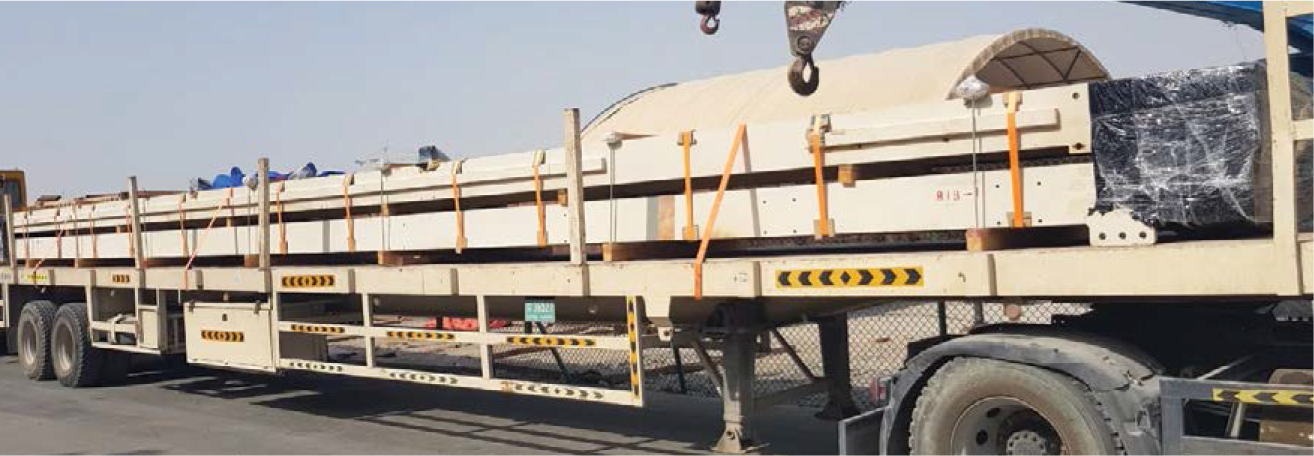
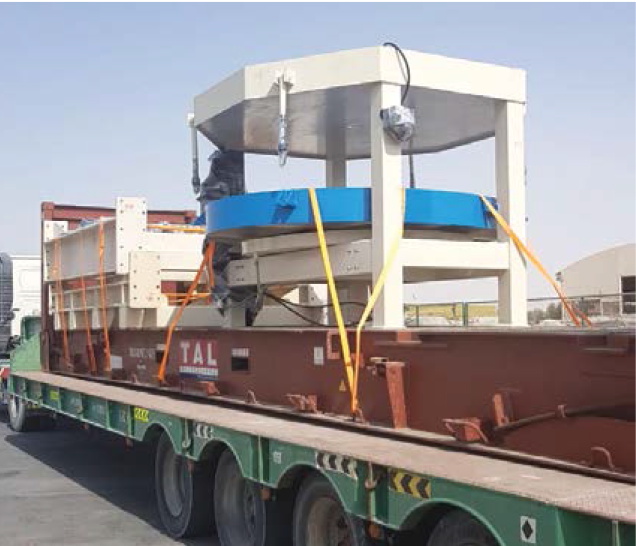
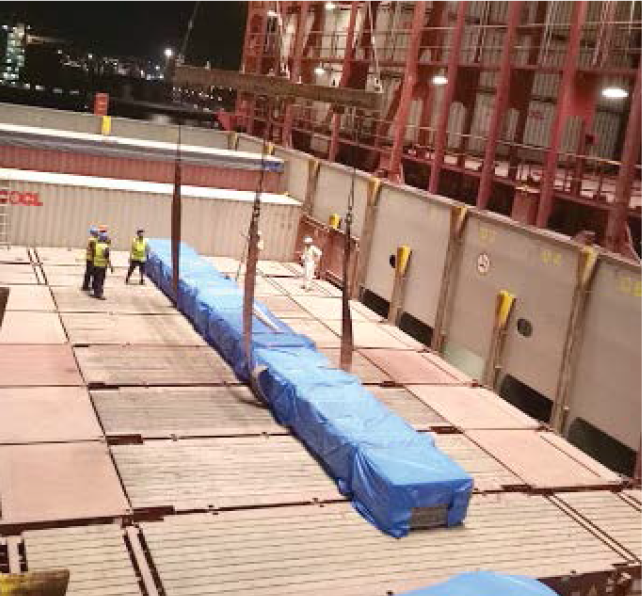
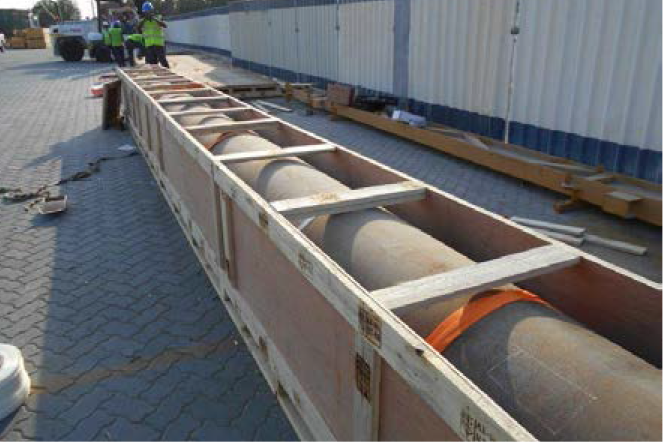
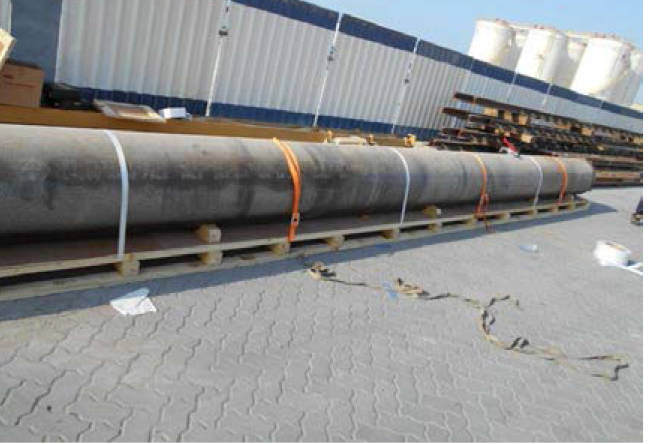 The scope of work included, collection and packing of the cargo as per airline guidelines and executing the air freight to the destination. Timely follow up with the airline companies and updating the client about the status of the cargo in regular intervals becomes crucial to keep the movement robust. The assistance from the air freight department at CSS Dubai needs a special mention here. They have done a commendable job in successfully executing this project.
The scope of work included, collection and packing of the cargo as per airline guidelines and executing the air freight to the destination. Timely follow up with the airline companies and updating the client about the status of the cargo in regular intervals becomes crucial to keep the movement robust. The assistance from the air freight department at CSS Dubai needs a special mention here. They have done a commendable job in successfully executing this project.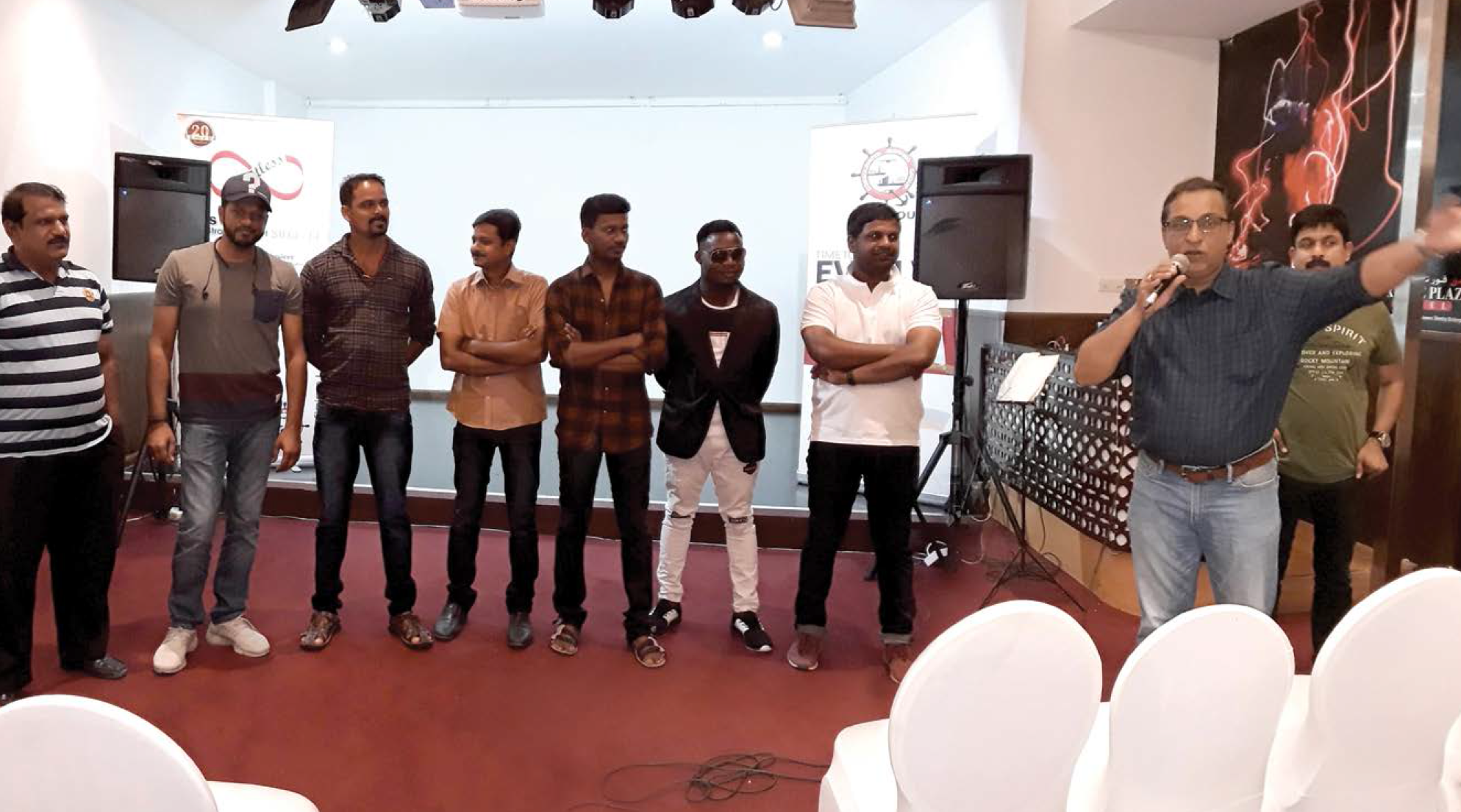
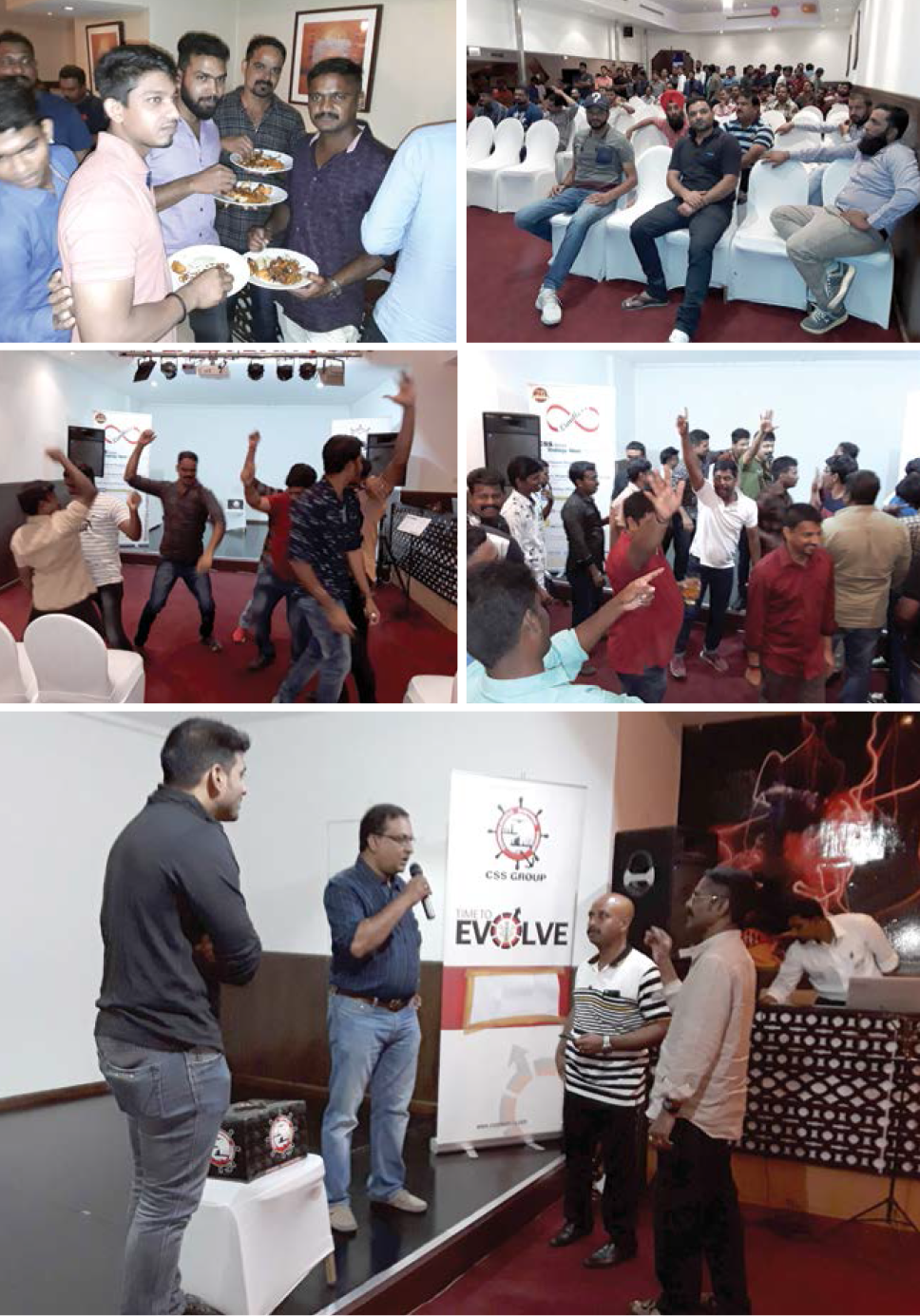
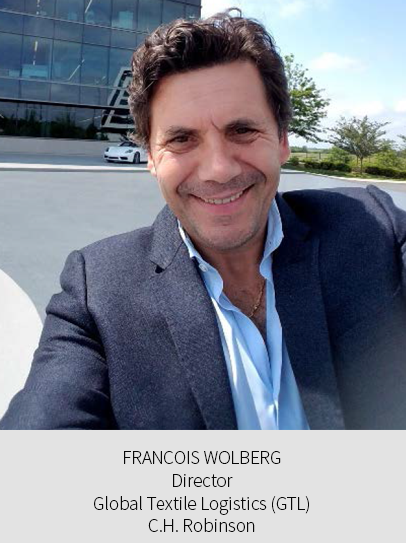 Like many of us, I came to this industry by chance. Since I was a young & living in France, I have always traveled; I was first intrigued by the USA, then Israel, Morocco, and Europe. I began my career in sales, selling Moroccan freight services for an Italy-based company. I never expected to spend the next 26 years in the shipping industry, working on five continents and traveling to more than 50 countries. In addition to my native France, I have lived in Morocco, Italy, Tanzania, Egypt and now the USA. As the years went by while working for various companies I learned every facet of freight forwarding and developed country-specific and industry-specific skills. I found my niche by applying the science of freight forwarding specifically to the Textile Industry, which fascinates me. This industry focus is a vertical approach that works well in our industry. Textile clients love and appreciate services tailored to fit their unique transportation needs!
Like many of us, I came to this industry by chance. Since I was a young & living in France, I have always traveled; I was first intrigued by the USA, then Israel, Morocco, and Europe. I began my career in sales, selling Moroccan freight services for an Italy-based company. I never expected to spend the next 26 years in the shipping industry, working on five continents and traveling to more than 50 countries. In addition to my native France, I have lived in Morocco, Italy, Tanzania, Egypt and now the USA. As the years went by while working for various companies I learned every facet of freight forwarding and developed country-specific and industry-specific skills. I found my niche by applying the science of freight forwarding specifically to the Textile Industry, which fascinates me. This industry focus is a vertical approach that works well in our industry. Textile clients love and appreciate services tailored to fit their unique transportation needs!


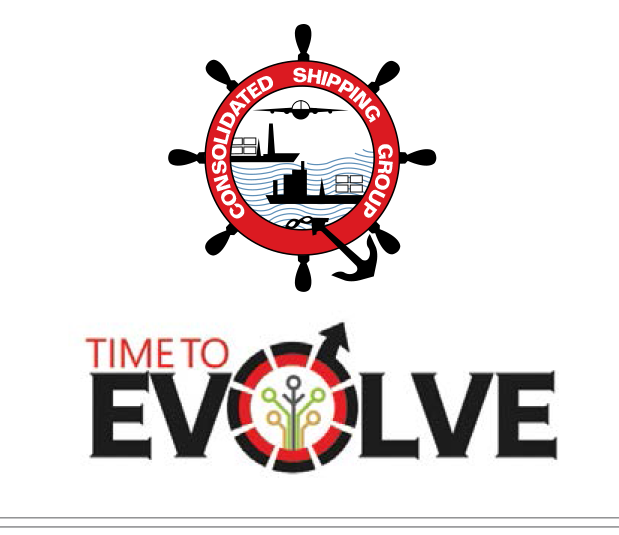 We revamped the corporate website earlier this year to make it look like what it does today – new designs built from scratch, easier navigation to see what its respective CSS branches are doing and more. Visit the website and find out more features like Track & Trace! It’s #TimeToEvolve.
We revamped the corporate website earlier this year to make it look like what it does today – new designs built from scratch, easier navigation to see what its respective CSS branches are doing and more. Visit the website and find out more features like Track & Trace! It’s #TimeToEvolve.

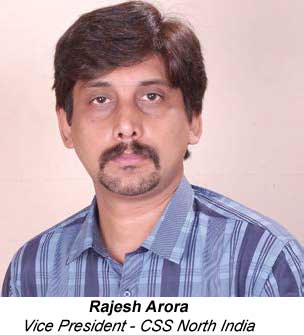 Warehousing industry in India is one of the prominent market segments in total Logistic Sector. Implementation of GST & various E commerce as the two important factors that have created significant growth prospects for the warehousing sector in India. Experts claim a total of approximately 43,000 Crore rupees investment scope by 2020 in this sector.
Warehousing industry in India is one of the prominent market segments in total Logistic Sector. Implementation of GST & various E commerce as the two important factors that have created significant growth prospects for the warehousing sector in India. Experts claim a total of approximately 43,000 Crore rupees investment scope by 2020 in this sector.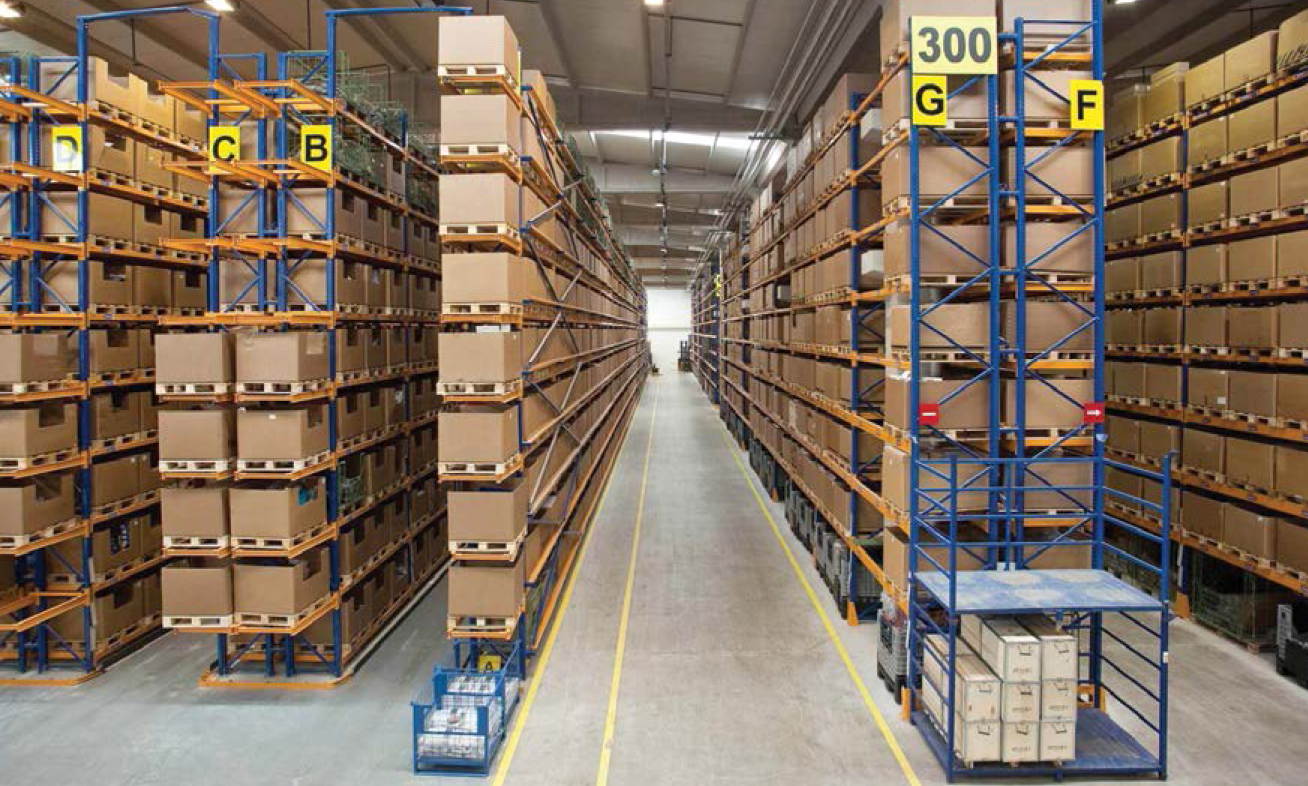 Agri warehousing accounts 15% of total market share with an annual growth of 9-10 % in past few years mainly due to growing annual agriculture production, standardized warehousing operations as per Warehousing development & regulation act, subsidy scheme & Tax Incentive. Key players in Agri warehousing are Food Corporation of India (FCI) and Central Warehousing Corporation (CWC). Although 30 % of Agri Warehousing is still operated by unorganized small warehouse owners.
Agri warehousing accounts 15% of total market share with an annual growth of 9-10 % in past few years mainly due to growing annual agriculture production, standardized warehousing operations as per Warehousing development & regulation act, subsidy scheme & Tax Incentive. Key players in Agri warehousing are Food Corporation of India (FCI) and Central Warehousing Corporation (CWC). Although 30 % of Agri Warehousing is still operated by unorganized small warehouse owners.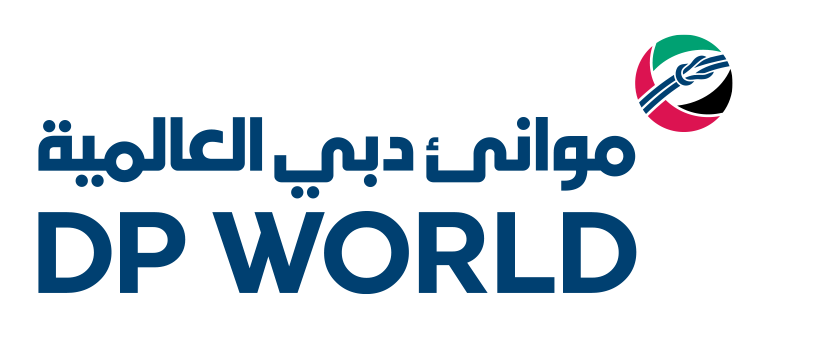 DP World Limited handled 53.6 million TEU (twenty-foot equivalent units) across its global portfolio of container terminals in the first nine months of 2018, with gross container volumes growing by 2.6 % year-on-year on a reported basis and 3.7% on a like-for-like basis1.
DP World Limited handled 53.6 million TEU (twenty-foot equivalent units) across its global portfolio of container terminals in the first nine months of 2018, with gross container volumes growing by 2.6 % year-on-year on a reported basis and 3.7% on a like-for-like basis1.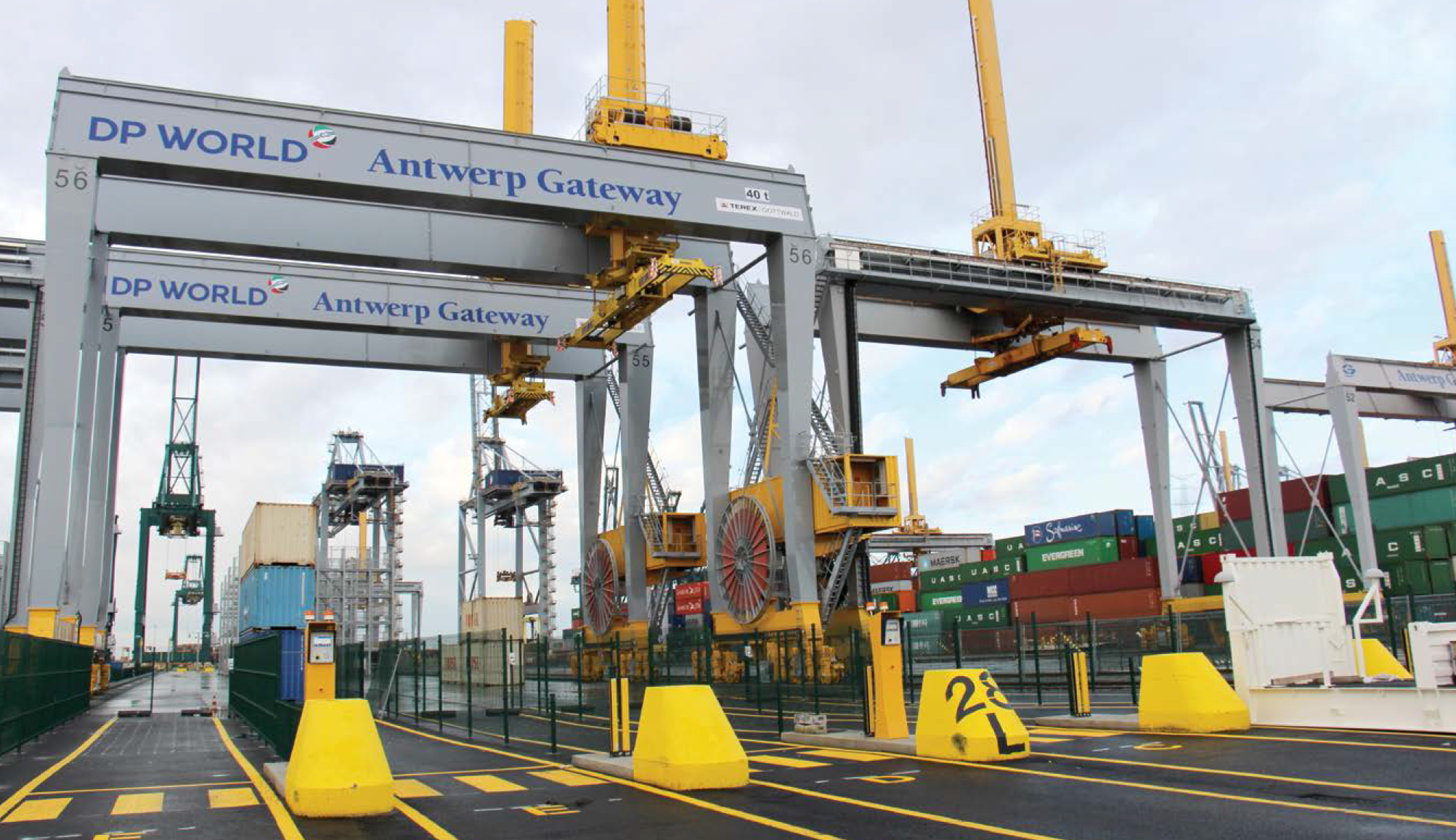
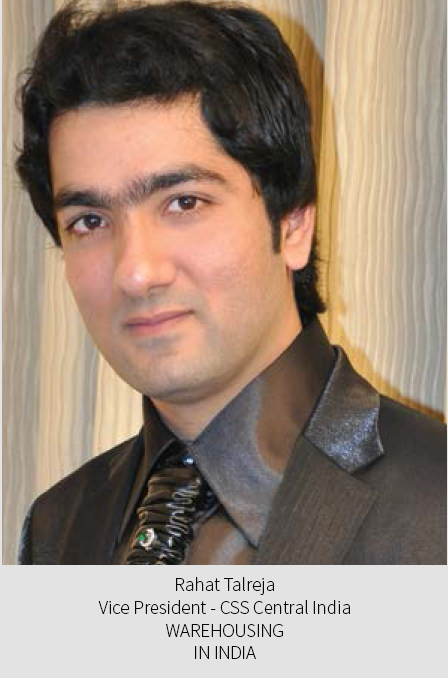 Who came first? The chicken or the egg ? The egg cannot “come” so it obviously was the chicken. The centuries old question has been solved.
Who came first? The chicken or the egg ? The egg cannot “come” so it obviously was the chicken. The centuries old question has been solved.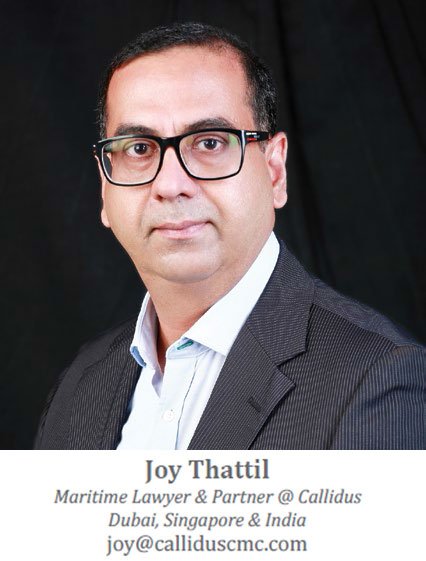 The Supreme Court of India, on 9th March 2018, marked a milestone in the field of Admiralty law while deciding the case, Sunil B. Naik v. Geowave Commander by incorporating the principle that there cannot be an arrest or restraint of a vessel in possession of a non-owner, but owned by a complete third party, for a maritime claim against the former. The Admiralty law in India regarding this was silent. It was this huge uncertainty that was set aside by the apex court through the above decision.
The Supreme Court of India, on 9th March 2018, marked a milestone in the field of Admiralty law while deciding the case, Sunil B. Naik v. Geowave Commander by incorporating the principle that there cannot be an arrest or restraint of a vessel in possession of a non-owner, but owned by a complete third party, for a maritime claim against the former. The Admiralty law in India regarding this was silent. It was this huge uncertainty that was set aside by the apex court through the above decision. If you think that presentation is all about how others see you, then perhaps it’s time you reassessed your opinion. You may well ask, “Why” because surely the importance of how others receive your presentation is paramount? Well this was undoubtedly the case before the advent of the internet.
If you think that presentation is all about how others see you, then perhaps it’s time you reassessed your opinion. You may well ask, “Why” because surely the importance of how others receive your presentation is paramount? Well this was undoubtedly the case before the advent of the internet.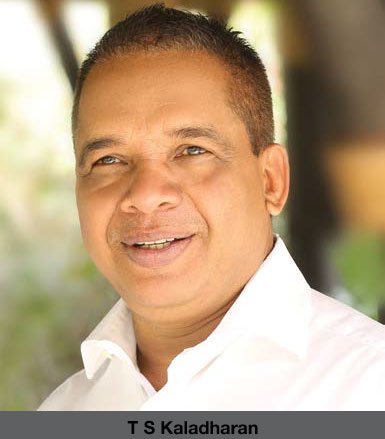 ‘Righteousness’ was a word which former India President Dr. APJ Abdul Kalam used in most of his speeches. Its frequent use made me ponder on the meaning which may be defined as, ‘a quality of being morally correct and justifiable’. It helped me recognise that in our lives, both personal and professional, there are situations where we have to take decisions that may not be so comfortable for everyone. I have personally found myself, many times, in such a dilemma. The way forward is to remember the concept of ‘righteousness’. When we are able to justify our thoughts and decisions as being right, we should not hesitate in taking the initiative. I have never delayed acting decisively about an issue which is correct and good for the larger group.
‘Righteousness’ was a word which former India President Dr. APJ Abdul Kalam used in most of his speeches. Its frequent use made me ponder on the meaning which may be defined as, ‘a quality of being morally correct and justifiable’. It helped me recognise that in our lives, both personal and professional, there are situations where we have to take decisions that may not be so comfortable for everyone. I have personally found myself, many times, in such a dilemma. The way forward is to remember the concept of ‘righteousness’. When we are able to justify our thoughts and decisions as being right, we should not hesitate in taking the initiative. I have never delayed acting decisively about an issue which is correct and good for the larger group.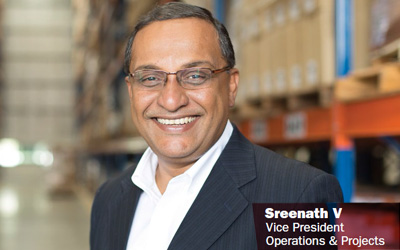
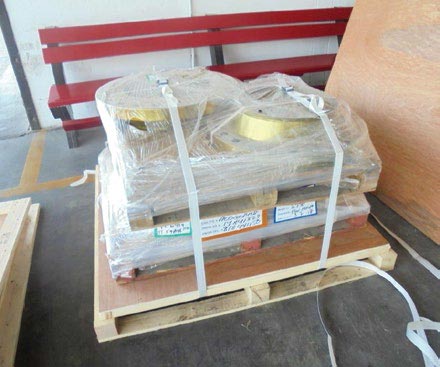
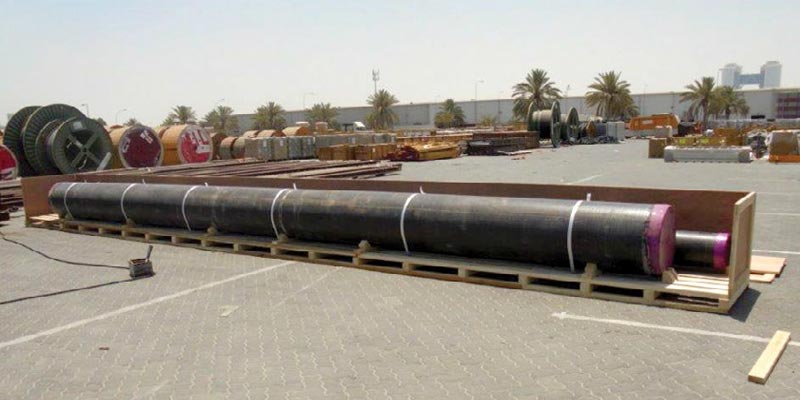
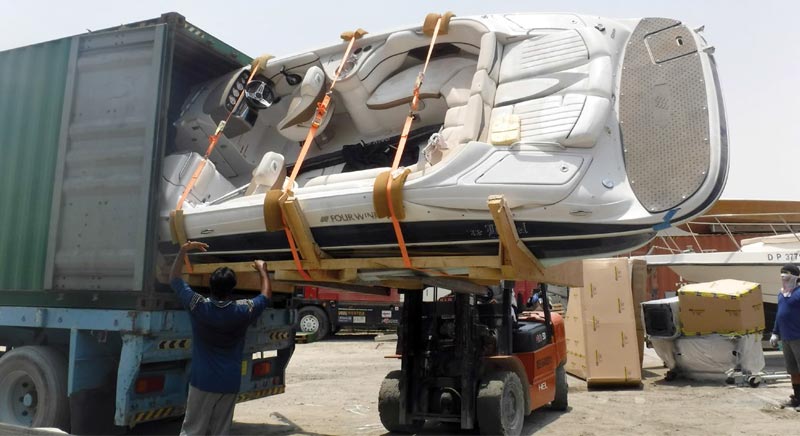
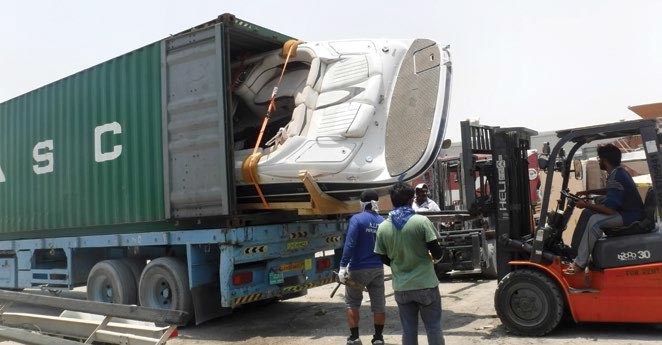
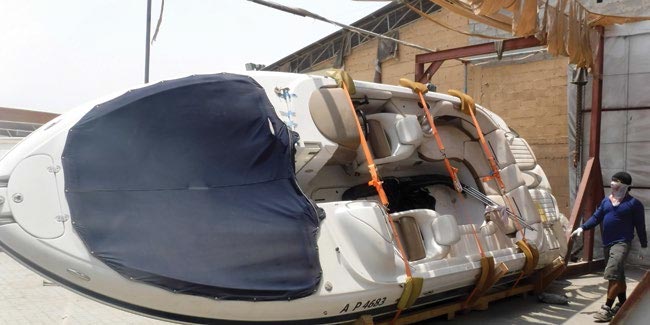
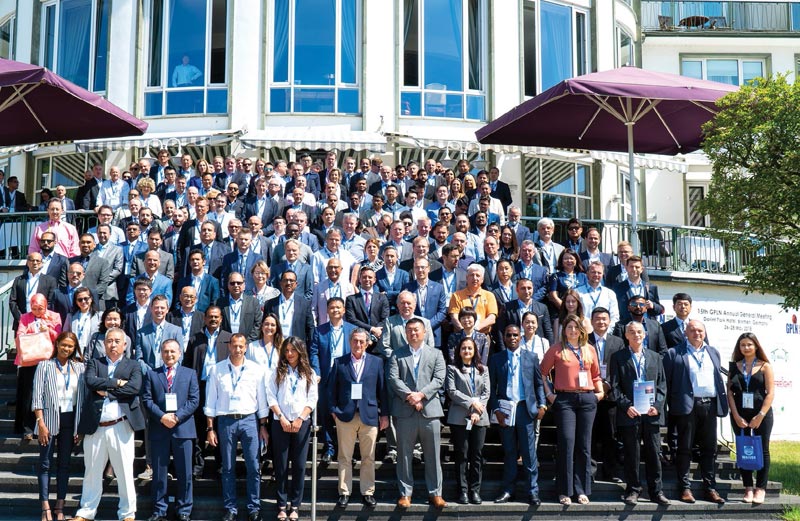
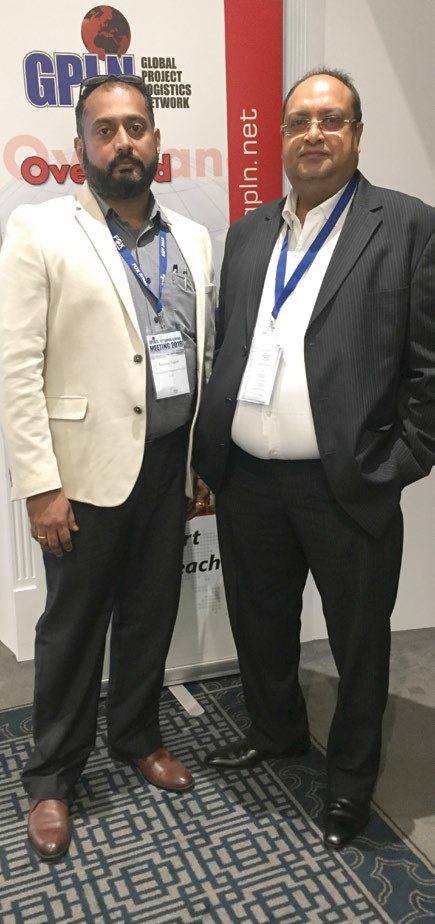

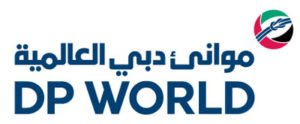
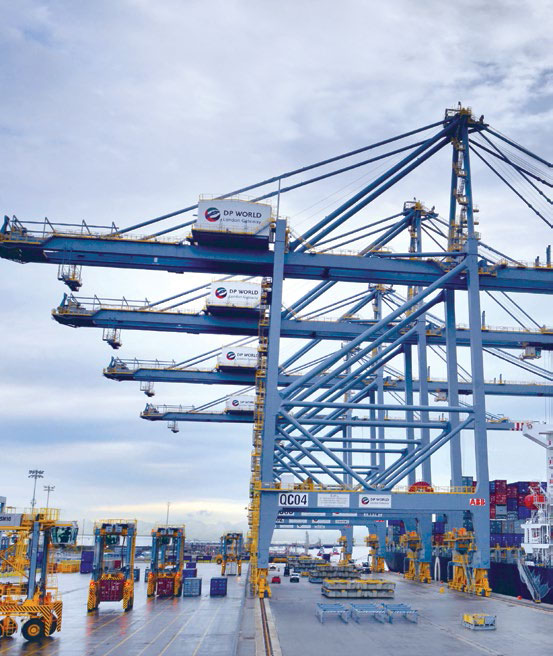
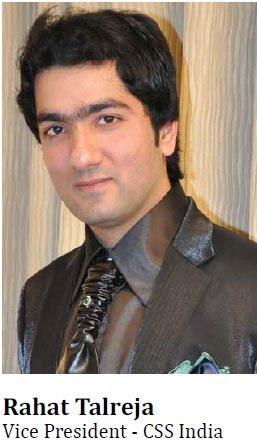 Its a dark night. The nascent moon is deeply hidden by the dark cumulonimbus clouds forming over Mumbai. Heavy rains have lashed the city. Nothing is visible outside the glass window of the hospital guest lounge overlooking the Arabian sea. The relatives are waiting with bated breadth for the doctors to come out of the diagnosis centre to get an update on the patient. Their worst fears haunting them. And then , the doctor comes out and nods his head in affirmation. He has confirmed the disease. Another chip down to this deadly new disease: OA/OD. She has consumed most of the world and almost every 2nd person is inflicted.
Its a dark night. The nascent moon is deeply hidden by the dark cumulonimbus clouds forming over Mumbai. Heavy rains have lashed the city. Nothing is visible outside the glass window of the hospital guest lounge overlooking the Arabian sea. The relatives are waiting with bated breadth for the doctors to come out of the diagnosis centre to get an update on the patient. Their worst fears haunting them. And then , the doctor comes out and nods his head in affirmation. He has confirmed the disease. Another chip down to this deadly new disease: OA/OD. She has consumed most of the world and almost every 2nd person is inflicted.